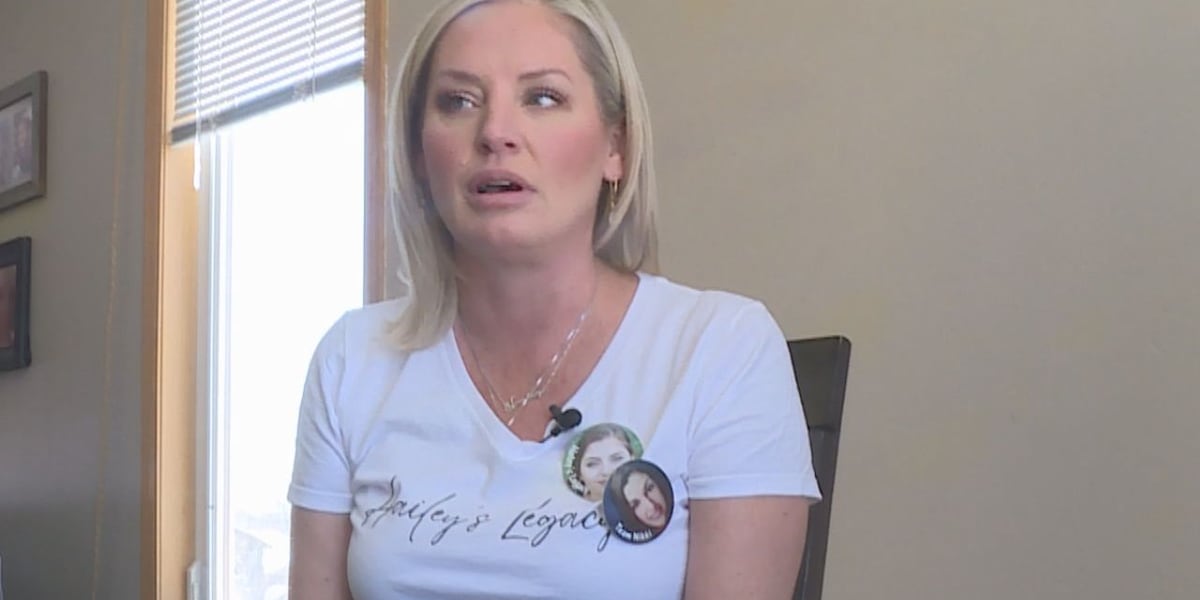Mental Health Screenings: The New Frontier in Gun Control Debate

In a deeply personal mission driven by tragedy, Larissa Strong is championing a powerful legislative proposal that would create new safeguards around firearm purchases for individuals recently treated in mental health facilities. Her passionate advocacy stems from the heartbreaking loss of her daughter, transforming her grief into a determined effort to prevent similar tragedies.
Strong's proposed legislation would establish a mandatory waiting period and additional screening for individuals who have recently received mental health treatment, aiming to create a compassionate yet protective barrier in firearm acquisition. By drawing from her own devastating personal experience, she hopes to spark meaningful dialogue about mental health, gun safety, and the critical intersection between public safety and individual well-being.
The proposed requirement would not stigmatize mental health treatment, but instead create a thoughtful pause to ensure comprehensive safety assessments. Strong believes that this approach can help prevent potential harm while respecting the dignity of individuals seeking mental health support.
Her courageous advocacy represents a powerful example of how personal loss can be channeled into constructive policy change, potentially saving lives and promoting a more nuanced understanding of mental health and gun safety.
